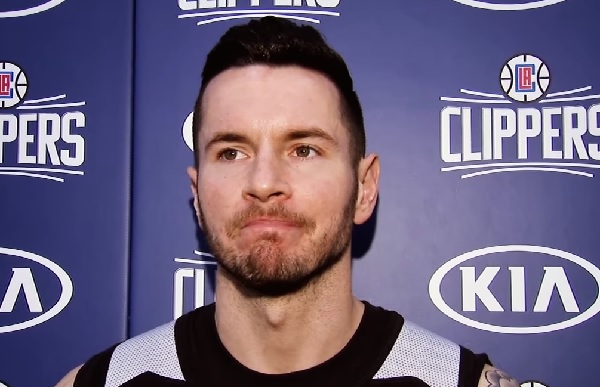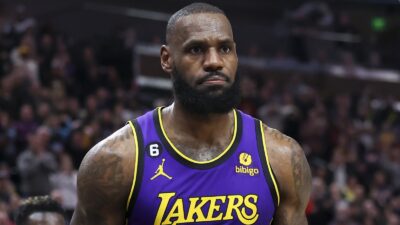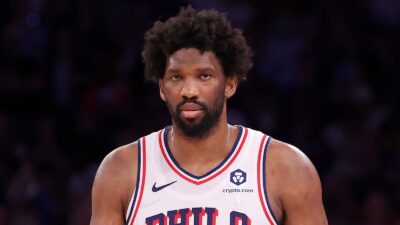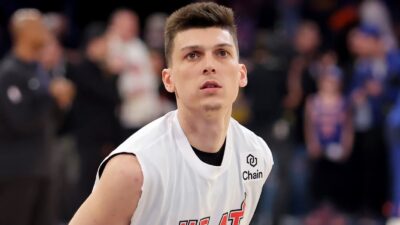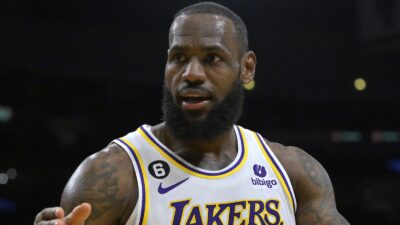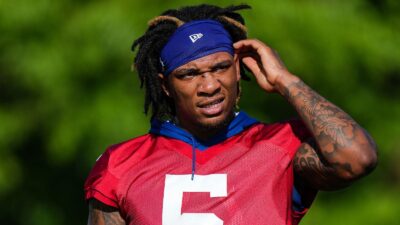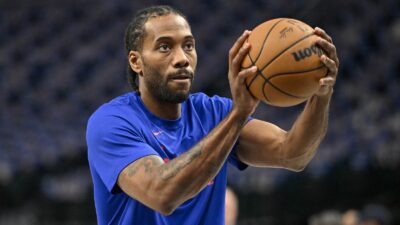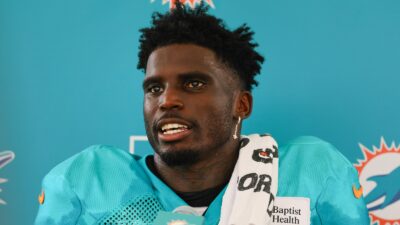4. Amir Johnson (one year, $11 million, Philadelphia)
Johnson was a liability down the stretch with Boston; he couldn’t stay on the court during the Celtics’ Eastern Conference Finals matchup with the Cavs. He’s no longer the high-impact energy guy he was with Toronto from 2012-14, and his numbers have been on a steady decline.
Last year, he averaged 6.5 points and 4.6 rebounds per game. Those were his lowest totals since the early years of his career in Detroit.
Johnson can’t move as well as he did in his prime, and though he’s only 30, his career appears to be winding down.
That’s why the 76ers only gave him one year, but $11 million is quite a bit to spend on a guy whom you’re just looking at as a positive locker-room presence for a young roster that will search for leadership. That’s just under what Taj Gibson is getting from Minnesota and twice as much as Patrick Patterson will receive from Oklahoma City.
Put simply: it’s way too much.
3. George Hill (three years, $57 million, Sacramento)
You had to know someone was going to overpay George Hill. He had a nice year with Utah, amassing 16.9 points and 4.2 assists per game. He was, however, well situated to thrive with the Jazz, and he was in a contract year.
Hill, 31, is a fine player, but he’s the definition of an average starting point guard. He has also struggled with injuries throughout his career, and he played in only 49 games last season. Wouldn’t you rather have, say, 26-year-old Ricky Rubio at $14 million a year?
Hill agreed to the same deal as Teague reached with Minnesota, and they’re a similar caliber of player, so that appears to be the going rate for a PG this offseason. But this deal makes Hill the highest-paid player on Sacramento’s roster.
Additionally, the Kings have a promising young backcourt in De’Aaron Fox and Buddy Hield. Why not give the team’s reins over to them and spend that money getting some help on the wing to fill the Rudy Gay void?
2. J.J. Redick (one year, $23 million, Philadelphia)
I love J.J. Redick. He’s one of the most cerebral guys in the league and a locked-in shooter. I thought he could be a valuable piece on a title contender.
Redick probably will be, eventually — just not this year. He took this year as his opportunity to get paid. And man, did he get paid. At $23 million a year, Redick is not only the highest-paid player on Philadelphia — he makes more than twice as much as the next highest-paid 76er.
Redick’s numbers have dipped slightly, and he’s 33. Depending on the situation he chose, he was either going to be overqualified for his role (a la Andre Iguodala last year in Golden State) or underqualified for his role (a la Wiggins last year in Minnesota).
There’s no question which one he is now: the far overpaid veteran who will be expected to do more than he’s capable of. Can’t blame him, though. Keep getting them checks.
1. Tim Hardaway Jr. (four years, $71 million, New York)
This may have been the most head-scratching signing in all of free agency. In June 2015, the Knicks gave Hardaway away for peanuts (the rights to Jerian Grant). Now, New York is paying Hardaway $18 million a year.
There are additional provisions for Hardaway built into the deal, too. He has a player option in Year 4 and the potential to earn a 15 percent bonus if he is traded. Hardaway got quite an offer, and Atlanta was wise to decline matching it.
So, what is New York expecting from him? Oh, just that he’ll improve every aspect of his game.
Hardaway came into his own in Atlanta. He’s a much better player today than he was in 2015. But he’s not a completely different player.
I would’ve loved this signing if the Knicks had gotten Hardaway for, say, four years and $40-50 million. That would have been a fair price. This? This is crazy.
The Knicks need to blow things up and build around Porzingis and what they receive from dealing Carmelo Anthony. By signing Hardaway, they completely handcuffed their ability to sign other free agents and made a bet that Hardaway can be their second- or third-best player for the next four years.
That won’t work if you’re trying to contend — even in the Eastern Conference.

